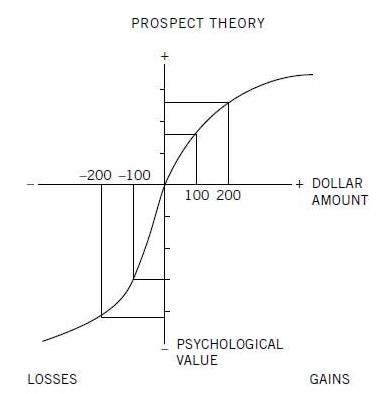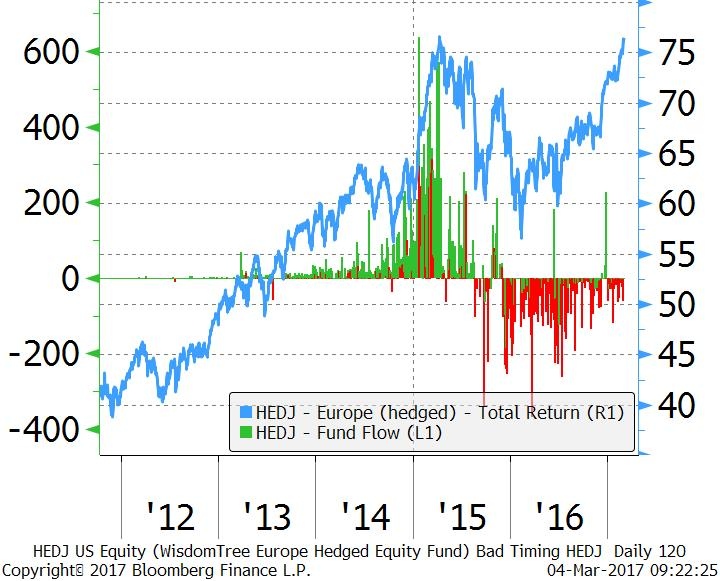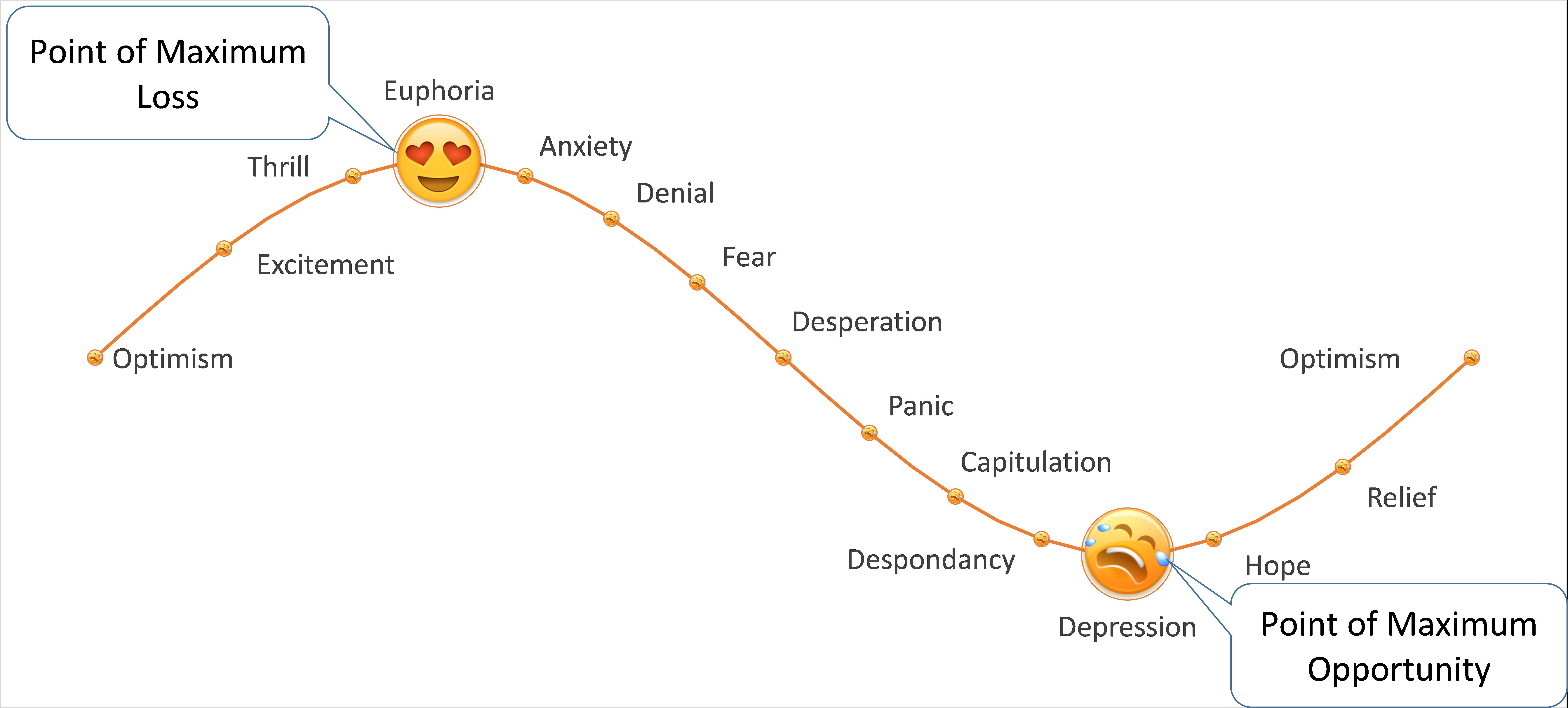Mar 6, 2017
Berman’s Call 10th anniversary: The psychology of longer-term investing
By Larry Berman
It was 10 years ago this month that Berman’s Call has been on air. That got me thinking about long-term investing.
At my St. Catharine’s, Ont. show this weekend, I polled the audience as to who was a long-term investor. The vast majority of the audience raised their hands. That’s good to hear, most investors should be long-term investors. Unfortunately, those long-term intensions turn to short-term anxiety when markets go awry.
Daniel Kahneman and Amos Tversky did the pioneering work in loss aversion theory (1979). Kahneman was award the Nobel Prize in Economics in 2002 for this work in this area (Tversky passed in the 1990s and the award is not given posthumously). Self-awareness of your personal behavioural biases will serve you well in the long run. You must read Kahneman’s “Thinking Fast and Slow” for a detailed understanding of your investment flaws and how the brain works when it comes to decisions about money. A new book by Michael Lewis “The Undoing Project” is also a good read in this area.

Prospect theory is the understanding that people value gains and losses very different from an emotional perspective. Kahneman and Tversky proved that people on average dislike losses about twice as much as they like the same dollar value of gains. What that means is the biggest cost of investing it not the MER or the fees to advisors, but the psychology of the investor.
The longer-term investor you are, the more you must accept risk (the volatility of returns) in order to harvest the long-term gain.
There is a simple formula called the Sharpe Ratio that investors must always keep in mind when considering what to add to their portfolio.
The risk-free rate is like a Guaranteed Investment Certificate (GIC). With a GIC, you get your money back (expected return) and you have no risk, since volatility as measured by standard deviation. For everything else you might potentially buy, you must understand what the expected return is likely to be and what the risk - standard deviation - is likely to be. Then, and only then, do you know if what you are adding to the portfolio will be something you can handle psychologically. As a portfolio manager, this is the most important concept to grasp. It is far more important that what the management of the company says or what product the company sells.
Unfortunately, what most people do is chase past returns and panic when it starts to go against them.

The chart of the HEDJ ETF is plotted against the net number of shares being added (green) versus the net number of shares being retired (red). Investors are consistently chasing gains and running from losses. Do you not think if you bought something at $20, you would like it better at $18? On average, investors are doing it wrong. Understanding the personal thought process here is essential to becoming a better long-term investor.

The long run return on equities historically is about 8-10 per cent per year and the risk of that is between 15-25 per cent in terms of standard deviation. VIX is a good benchmark for this. Looking at the long-term median, the Sharpe Ratio is nine per cent - three per cent / 20 per cent or about 0.3.
When the market returns have been good for some period, the future Sharpe Ratio, which is very different than the past ratio, is poor. If we assume we are currently closer to Euphoria in terms of the current market (high past returns, low VIX), then the Sharpe ratio for the next year might actually be negative. Potential losses ahead and higher risk. From a market low point where the past returns have been bad and VIX has been high, the forward looking ratio is superior. You need a Sharpe ratio of better than 0.3 to consider adding something to your portfolio. This value approach to investing will help you manage the psychological side of investing for the long term.
Building positions and tactical investing is a important skill when managing your own portfolios. Learn how to use techniques like this to evaluate risk and return in how to be a smarter investor in our seventh season across Canada speaking tour. Free registration at www.etfcm.com. Help us raise money to fight Cancer and Alzheimer’s by making a voluntary donation with your registration. Over the past few years, Berman's Call roadshows have raised over $225,000 for charity thanks to BNN viewers and our sponsors.
See Larry Live
| City | Date |
|---|---|
| Kitchener, Ont. | Tuesday, March 7 |
| Edmonton, Alta. | Wednesday, March 22 |
| Calgary, Alta. | Saturday, March 25 |
| Ottawa, Ont. | Saturday, April 8 |
| Kelowna, B.C. | Wednesday, April 19 |
| New Westminster, B.C. | Thursday, April 20 |
| Vancouver, B.C. | Sunday, April 23 |
| Markham, Ont. | Saturday, April 29 |





